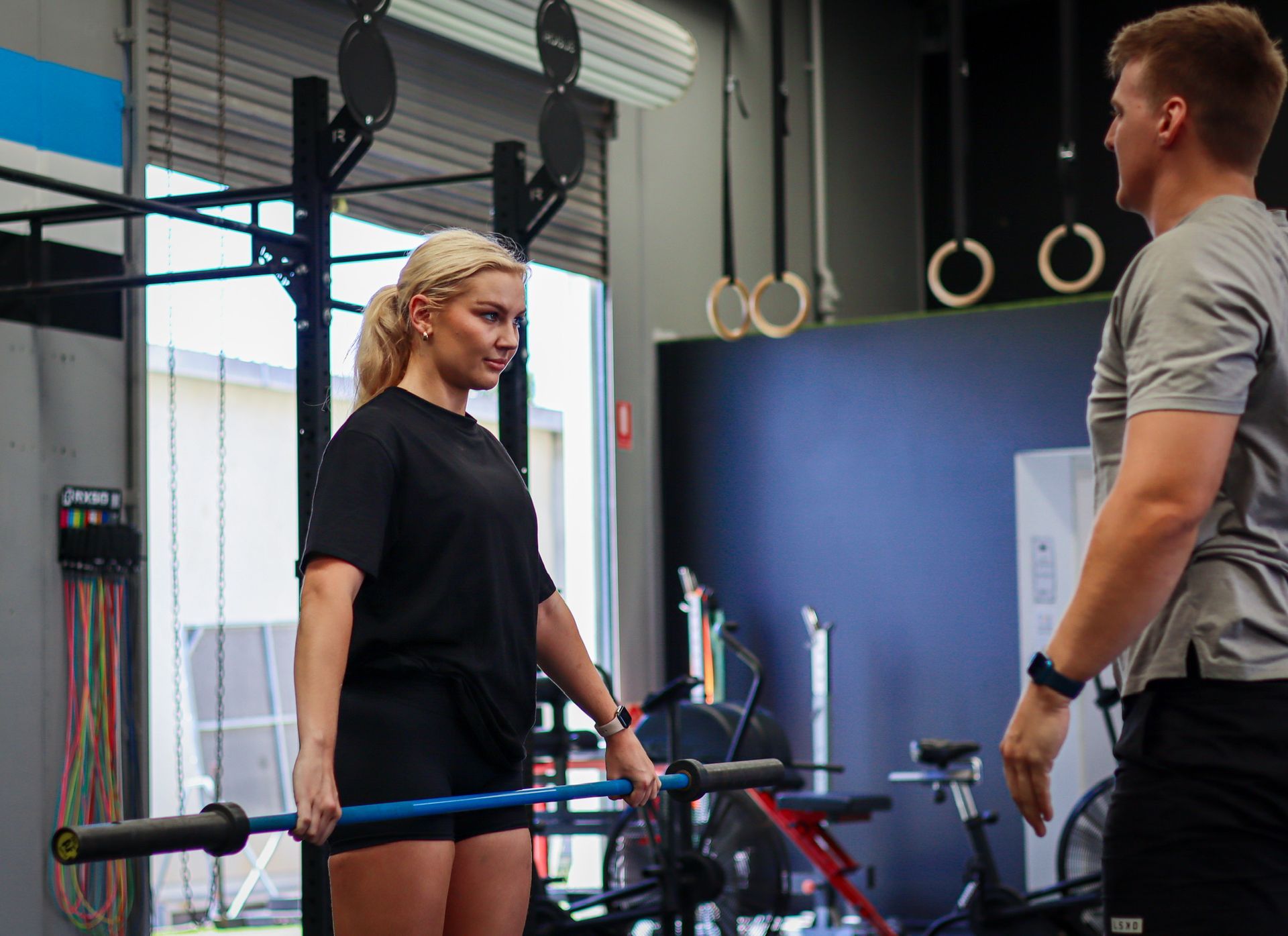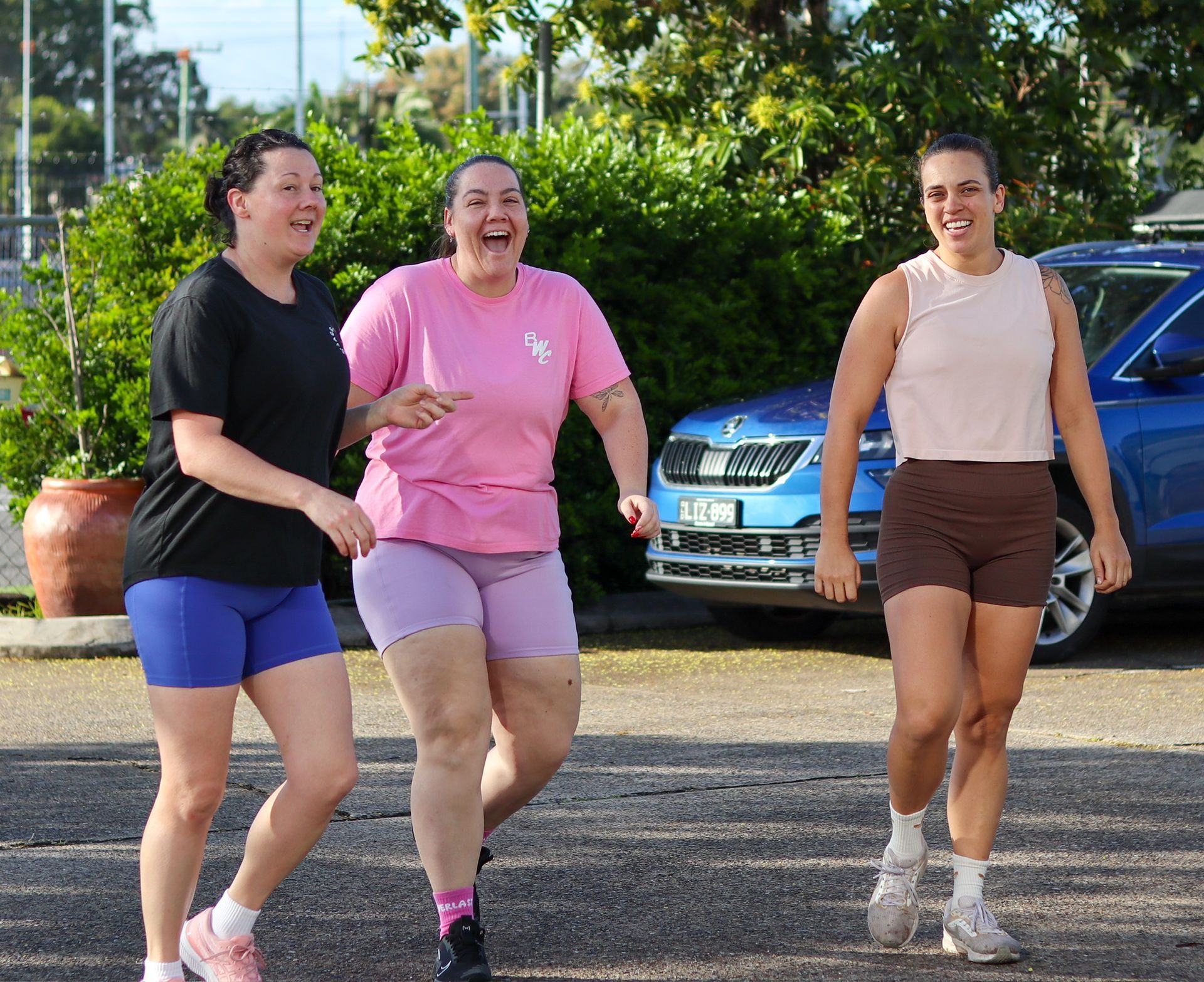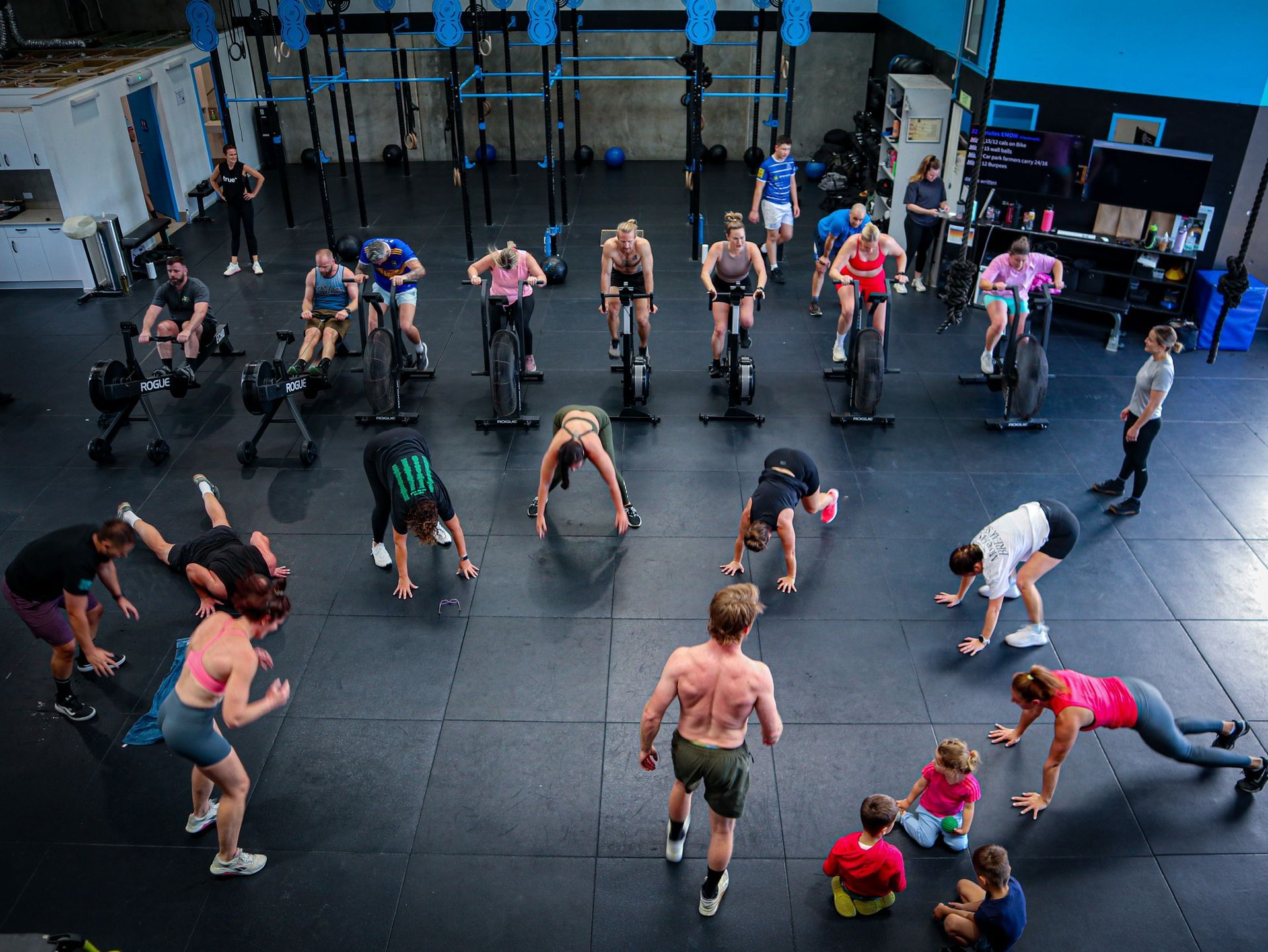Why Competing In Fitness Competitions Can Help You With Your Progress
Fitness competitions offer more than just a chance to test physical strength—they act as a powerful catalyst for motivation, discipline, community, and personal growth.
At Rebuild Health and Fitness, we believe that participating in competitions can elevate your entire fitness journey, unlocking new levels of potential and fulfillment.
Why Fitness Competitions Enhance Your Journey
1. Clear Goals and Motivation
When there's a specific date on the calendar, your training gains a sense of urgency and purpose.
Research shows that
goal-setting significantly improves athletic performance and commitment (Locke & Latham, 2002).
➔
Deadlines create discipline.
➔
Purpose strengthens perseverance.
2. Boosted Performance Through Physiology
From a sports science perspective, competition stimulates the release of:
- Endorphins (your body's natural mood boosters)
- Adrenaline (enhancing performance and endurance)
This physiological boost doesn't just improve physical capabilities—it also creates a natural high that leaves you feeling empowered and motivated to keep pushing.
3. The Power of a Cheering Crowd
Social facilitation theory (Zajonc, 1965) shows that the presence of others cheering you on:
- Increases effort
- Improves performance
- Deepens emotional rewards
Out on the competition floor—with friends, family, and even strangers supporting you—you tap into reserves of strength you didn’t know you had.
4. Building Community and Connection
Fitness competitions create a powerful sense of community.
- You train together.
- You cheer each other on.
- You celebrate every victory—big or small.
This communal support fosters
long-term fitness engagement,
resilience, and
shared pride.
"We rise or fall together as one nation and one people."
In fitness, just like in life, we thrive on collective strength.
5. Developing Discipline and Healthy Habits
Preparing for competition naturally leads to:
- More disciplined training routines
- Better adherence to nutrition and recovery strategies
- Prioritization of consistency over shortcuts
These habits often outlast the competition, creating a foundation for lifelong health and fitness.
6. Psychological Growth and Confidence
The act of:
- Setting a goal
- Committing to the journey
- Following through on competition day builds profound
self-esteem and
confidence.
This process of personal challenge and growth often spills into other life areas, improving mental toughness and resilience.
7. Keeping Training Engaging
Competition prep prevents monotony:
- New exercises
- Fresh techniques
- Strategic thinking
This variety keeps both mind and body engaged, promoting well-rounded physical development and sustained motivation.
8. Reflection, Learning, and Growth
Every competition—win or lose—offers valuable lessons:
- Assess your strengths and areas for improvement.
- Refine your training strategies.
- Approach future goals with greater insight and precision.
Continuous learning drives continuous growth.
Final Thought: Rising Together Through Competition
Fitness competitions are far more than a stage to showcase physical prowess.
They are a
catalyst for motivation,
discipline,
community building,
psychological empowerment, and
continuous personal development.
By embracing the challenge and camaraderie of competition:
- You unlock new potential.
- You build lasting connections.
- You strengthen not just your body—but your spirit.
As we
cheer each other on, we embody a powerful truth:
In fitness—and in life—we truly rise or fall together.
Previous Blogs




